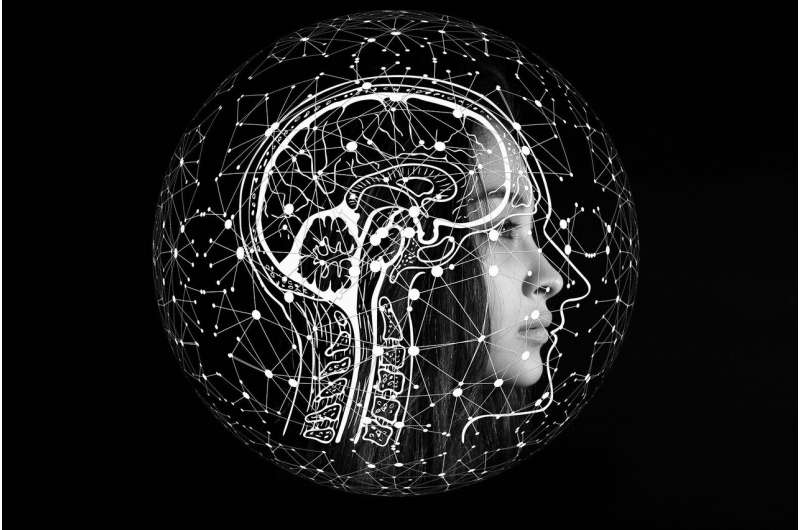
Deep brain stimulation can halve the symptoms of severe obsessive-compulsive disorder, or OCD as it is commonly known, finds a pooled data analysis of the available evidence, published online in the Journal of Neurology Neurosurgery & Psychiatry.
Two-thirds of those affected experienced substantial improvement within two years, finds the analysis.
OCD is characterized by intrusive and persistent obsessive thoughts along with dysfunctional and ritualized behaviors. It is thought to affect up to 3% of people.
It often begins early in life and is frequently accompanied by severe depression/anxiety. Those affected often find it difficult to go to school or work.
Drugs and cognitive behavioral therapy (CBT) can be very effective, but in around 1 in 10 cases, these approaches don’t work.
Deep brain stimulation, which involves implanting electrodes within certain areas of the brain to regulate abnormal electrical impulses, has emerged over the past few decades as a potential treatment for those with severe symptoms.
While various studies have suggested that the technique can be effective in people with OCD, they have not always quantified the impact of potentially influential factors.
In a bid to account for this, and to update the existing body of evidence, the researchers systematically reviewed and pooled the results of 34 clinical trials published between 2005 and 2021, with the aim of critically assessing how well deep brain stimulation alleviates OCD and associated depressive symptoms in adults.
The 34 studies included 352 adults with an average age of 40, and severe to extreme OCD, the symptoms of which had not improved despite treatment. In 23 of the studies, participants were required to have had persistent symptoms for 5 or more years before consideration for surgery.
Of the remaining 11 studies, one had a requirement of more than a decade of symptoms and two or more years of failed treatment; another required at least one year of failed treatment; and five didn’t specify any requirements.
On average, symptoms had persisted for 24 years. Coexisting mental health issues were reported in 23 studies and included major depression (over half of participants), anxiety disorder, and personality disorder. The average monitoring period after deep brain stimulation was 2 years.
The final pooled data analysis, which included 31 studies, involving 345 participants, showed that deep brain stimulation reduced symptoms by 47%, and two thirds of participants experienced substantial improvement within the monitoring period.
Secondary analysis revealed a reduction in reported depressive symptoms, with complete resolution in nearly half of participants and partial response in a further 16%.
Some 24 of the studies reported complete data on serious side effects, including hardware-related complications; infections; seizures; suicide attempts; stroke; and the development of new obsessions associated with stimulation. Overall, 78 participants experienced at least one serious side effect.
The findings prompt the researchers to conclude that there’s “a strong evidence base” in support of the use of deep brain stimulation for the treatment of severe persistent OCD and associated depression.
But they caution, “While these results are encouraging, it is important to remember that [deep brain stimulation] is not without its limitations.
“First and foremost, it requires chronic implantation of hardware and carries the associated risk of complications. Furthermore, although we report a less than 1% incidence of de novo obsessions involving the [deep brain stimulation] patient programmer or the device itself, it remains a significant barrier to the effective implementation of [deep brain stimulation] for OCD in certain patients.”
They add, “Successful application of [deep brain stimulation] requires a close therapeutic alliance between patient, neurosurgical and expert psychiatrist teams in centers that specialize in implantation and programming of the device.”
Efficacy of deep brain stimulation for treatment resistant obsessive-compulsive disorder: systematic review and meta-analysis, Journal of Neurology Neurosurgery & Psychiatry (2022). DOI: 10.1136/jnnp-2021-328738
Citation:
Deep brain stimulation can be effective for severe obsessive-compulsive disorder (2022, September 20)
retrieved 20 September 2022
from https://medicalxpress.com/news/2022-09-deep-brain-effective-severe-obsessive-compulsive.html
This document is subject to copyright. Apart from any fair dealing for the purpose of private study or research, no
part may be reproduced without the written permission. The content is provided for information purposes only.


